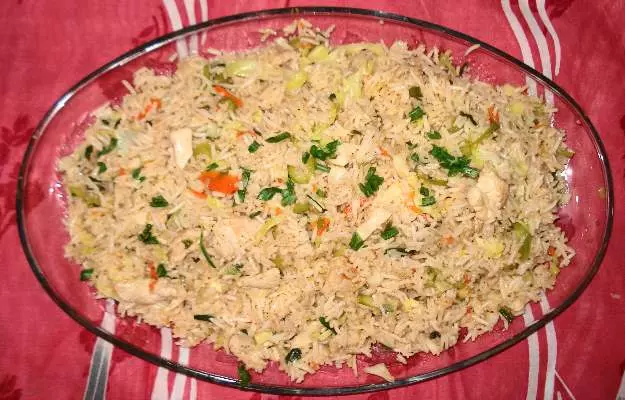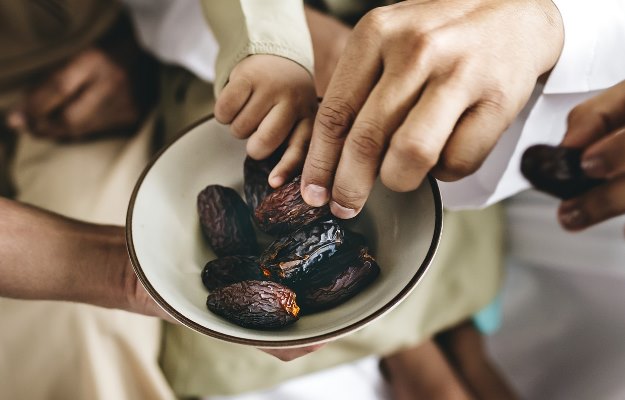Pregnancy is a phase of life when the mother needs to be extremely cautious before doing anything. Every work done by the mother directly and indirectly affects the baby growing in the womb. There is a need to be more careful while taking food. The diet that the mother takes is the only food source for the unborn baby. Therefore, it is important to know the benefits and side effects of every food item consumed during pregnancy.
Rice is a superfood when consumed in the proper quantity. You should consult your doctor to know how much rice should be in your diet. Also, buy rice that is free from chemicals and pesticides.
(Read more - Pregnancy diet: What to eat)
Rice is one of the most liked grains in the world. Rice is the staple food for a large part of the population. Is it safe for you and your baby to eat rice during pregnancy? Can rice be eaten during pregnancy? Let's take a look at the benefits and side effects of eating rice during pregnancy.
































